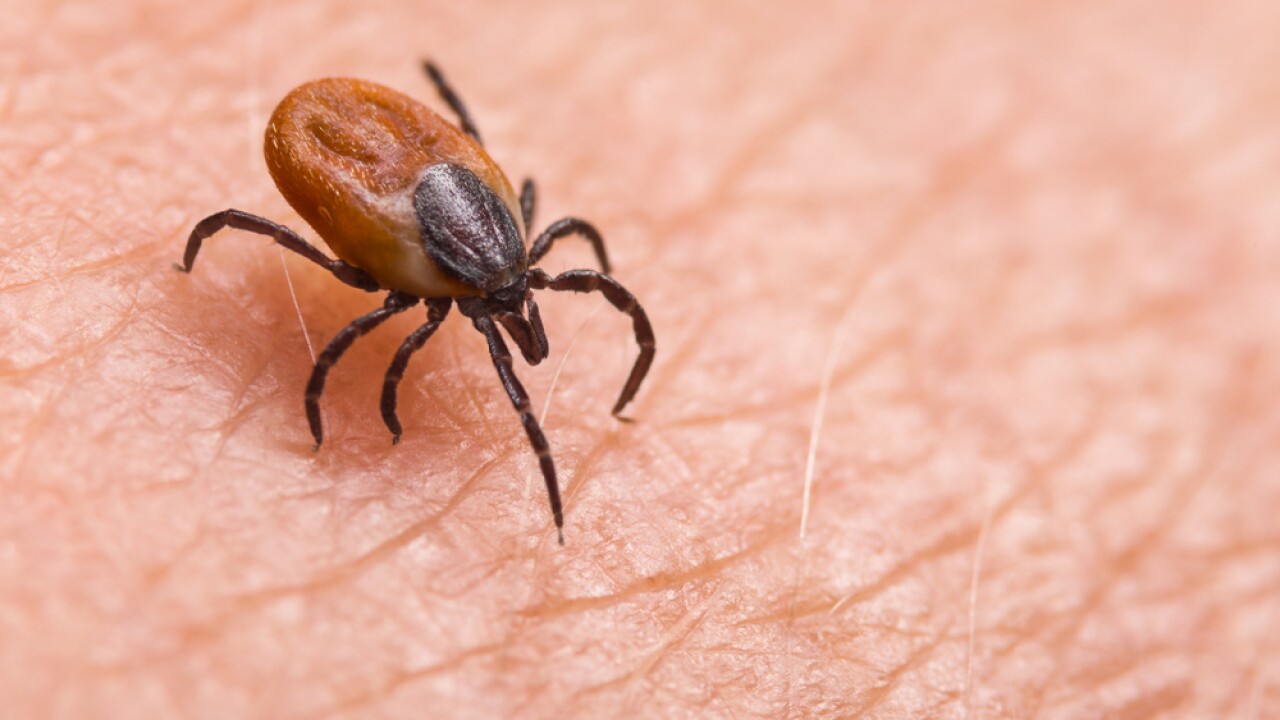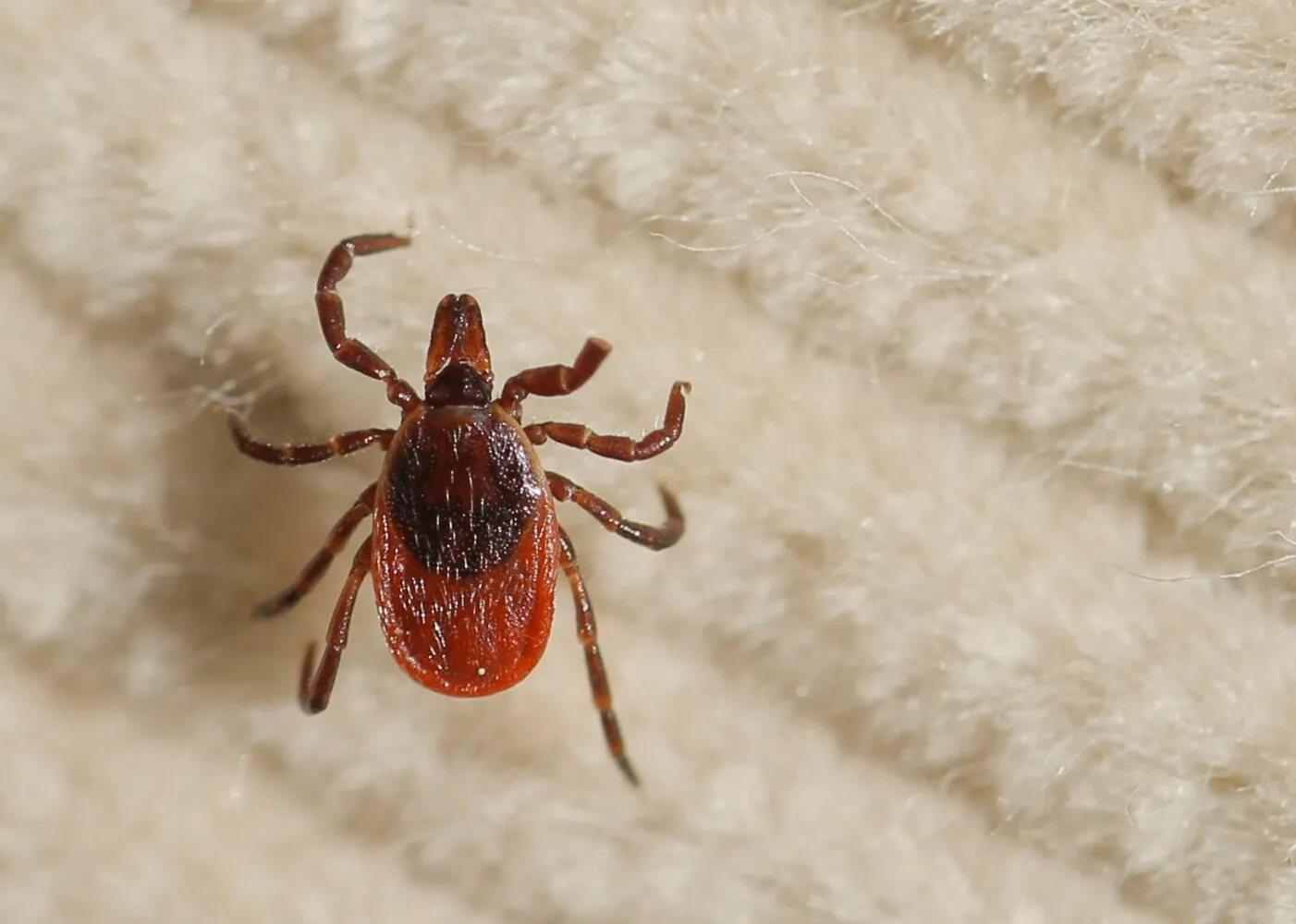Officials are issuing warnings about Powassan virus disease, an untreatable illness transmitted by ticks. The first fatal case of 2023 was confirmed in Maine.
According to the Maine Center for Disease Control and Prevention, the tick-borne illness was identified in an adult resident from Sagadahoc County on May 17.
Robert J. Weymouth, 58, of Portland, was named as the individual who succumbed to complications from the virus, as reported in a local obituary.
He developed neurological symptoms and passed away in the hospital after contracting the virus, likely within the state, according to Maine CDC.
His widow, Annemarie Weymouth, is now cautioning others about safeguarding themselves from the illness.
“He was in there, but he couldn’t move his body. He could point to words on a board. He pointed to ‘scared,’ ‘afraid,’ ‘frustrated,'” Weymouth shared with a local Maine station.
Powassan virus can be transmitted to humans through the bite of an infected deer tick or woodchuck tick, health officials explained.
These ticks can remain active whenever temperatures are above freezing, with peak activity occurring in spring, summer, and fall.
Many infected individuals do not show symptoms, according to the U.S. Centers for Disease Control and Prevention (CDC). However, for those who do develop symptoms, they typically appear within one week to one month after the tick bite.

Symptoms may include fever, headache, vomiting, weakness, confusion, seizures, or memory loss, as outlined by Maine CDC.
Severe cases can lead to neurological problems such as inflammation of the brain or spinal cord, and approximately 10% of severe cases result in death, health officials warned.
Powassan virus currently has no specific treatment. Health authorities advise anyone experiencing symptoms after a tick bite to seek medical attention promptly.
Cases of Powassan virus are rare in the U.S., with approximately 25 cases reported annually since 2015, according to Maine CDC. Maine has documented 15 cases since 2015, including four in 2022.
Two of those infected in 2022 died from the illness, making Weymouth’s death the third Powassan-related fatality in Maine since 2015.
To avoid tick-borne diseases like Powassan virus and Lyme disease when spending time outdoors, it is recommended to use insect repellent containing DEET, tuck pants into socks, avoid tall grass, shower immediately after outdoor activities, and have someone check the body for ticks.
If a tick is found, prompt removal is crucial.
“Don’t wait to have it removed,” advised Bryon Backenson, an assistant professor at the University of Albany School of Public Health, in an interview with CBS News.
“With a fine-point pair of tweezers, get as close to the skin as you possibly can and gently and firmly pull straight up and that tick will pop right out.”
